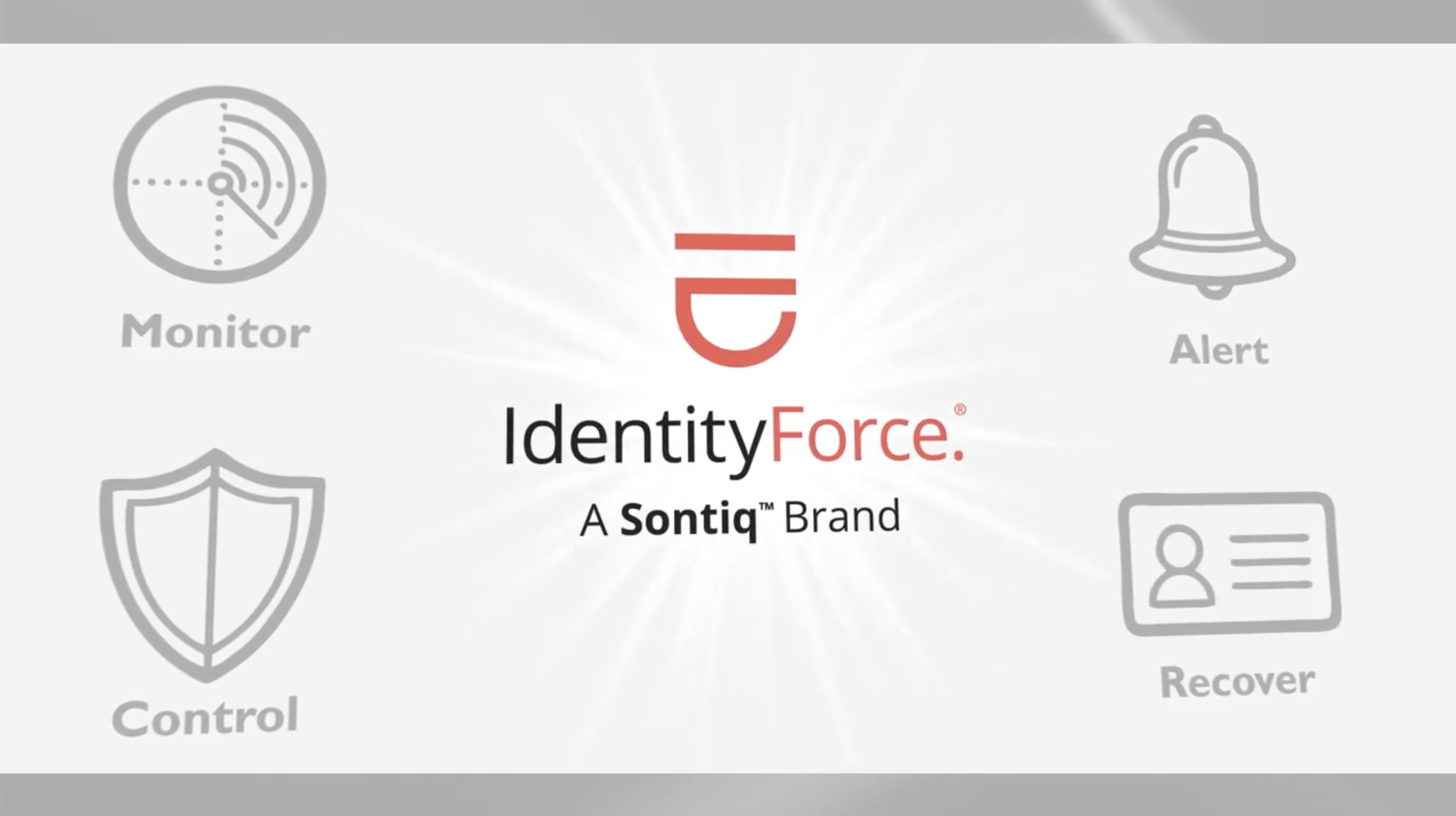How does account fraud work?

Account takeovers are the fastest growing type of online fraud, says Al Pascual, Senior Vice President of Data Breach Solutions at Sontiq. The company owns IdentityForce, a leading provider of identity, privacy and credit monitoring services.
The types of accounts most commonly stolen or opened under a victim’s name include those for credit cards, loans, utilities, phones and banks.
That’s far from an exhaustive list; even things like tax refunds and pension funds are vulnerable. The day the first stimulus checks were released, some banks and credit unions saw account takeover attempts rise by 80%, Pascual says.
Despite the efforts of businesses and governments, seasoned fraudsters continue to find creative ways to bypass security checks. Although, with some less secured accounts, all it could take is a couple pieces of personally identifiable information — that could be your email, username and password, Social Security number or mailing address.
Even if you always keep that kind of info close to your chest, millions of consumers have seen their information exposed in data breaches through no fault of their own.
Earlier this year, about a billion records from Facebook and LinkedIn landed in the dark corners of the World Wide Web. Phone numbers, dates of birth and physical addresses were all available to any crook who cared to look.
Stop overpaying for home insurance
Home insurance is an essential expense – one that can often be pricey. You can lower your monthly recurring expenses by finding a more economical alternative for home insurance.
SmartFinancial can help you do just that. SmartFinancial’s online marketplace of vetted home insurance providers allows you to quickly shop around for rates from the country’s top insurance companies, and ensure you’re paying the lowest price possible for your home insurance.
Explore better ratesWhat are the potential costs?

Identity fraud cost Americans about $56 billion last year, with the typical victim losing about $1,100, according to Javelin Strategy & Research.
This doesn’t take into account the hundreds of hours of recovery time, stress and time away from family and friends. Or, Pascual says, the fact that once your identity is compromised, your chances of repeat ID fraud increases three fold.
But unlike other forms of fraud, account takeovers allow scammers to really take their time and maximize the damage. By rerouting email and phone alerts, fraudsters ensure you won’t be informed of suspicious activity.
Your first indication that something has gone wrong could be a call from a collections agency, demanding you repay money you never borrowed. Or you might get denied for a mortgage or car loan.
And while people are very protective of their financial accounts, Pascual adds that many consumers don’t realize that thieves are just as interested in targeting their email and social media accounts.
“Whether it’s making purchases online or contacting your social media connections with a plea for financial help — from you! — the damage can hit both your wallet and your reputation hard,” he says.
How to keep your data away from fraudsters

IdentityForce recommends the following basic strategies to prevent account fraud:
- Always monitor your accounts, even your old ones, and make sure to use two-factor authentication when available.
- Regularly review your credit reports. Credit bureaus now allow for weekly access.
- Safely dispose of paperwork with personally identifiable information.
- Update your passwords on a regular basis.
- Set up alerts on your financial accounts.
- Be cautious of mail regarding new accounts.
- Opt out of “pre-screened” or “pre-approved” credit offers.
- Practice caution when providing personal info to medical, financial and credit entities.
If it all sounds a bit daunting, it certainly can be. Defending your accounts requires constant vigilance, which may not guarantee success.
To protect yourself further — and help restore your accounts quickly if a fraudster slips through — you may want to invest in a dedicated identity theft protection service.

IdentityForce monitors all of the important aspects of your online identity and provides real-time alerts when anything changes. You’ll also get an alert if the company finds your data for sale on any of the websites, chat rooms and other places frequented by hackers and cyberthieves.
Plus, IdentityForce’s anti-phishing software will warn you if you’re about to enter personal information into a phony website. And its anti-keylogging software will prevent viruses from watching you as you type your usernames, passwords and credit card numbers.
All of those layers of defense — plus $1 million in identity fraud insurance and access to a dedicated team of account-restoration specialists — starts at about $16 per month. That’s not a high price, when you consider the dozens of accounts that need protecting.
Sponsored
Unexpected vet bills don’t have to break the bank
Life with pets is unpredictable, but there are ways to prepare for the unexpected.
Embrace Pet Insurance offers coverage for treatment of accidents, illnesses, prescriptions drugs, emergency care and more.
Plus, their optional wellness plan covers things like routine vet trips, grooming and training costs, if you want to give your pet the all-star treatment while you protect your bank account.







